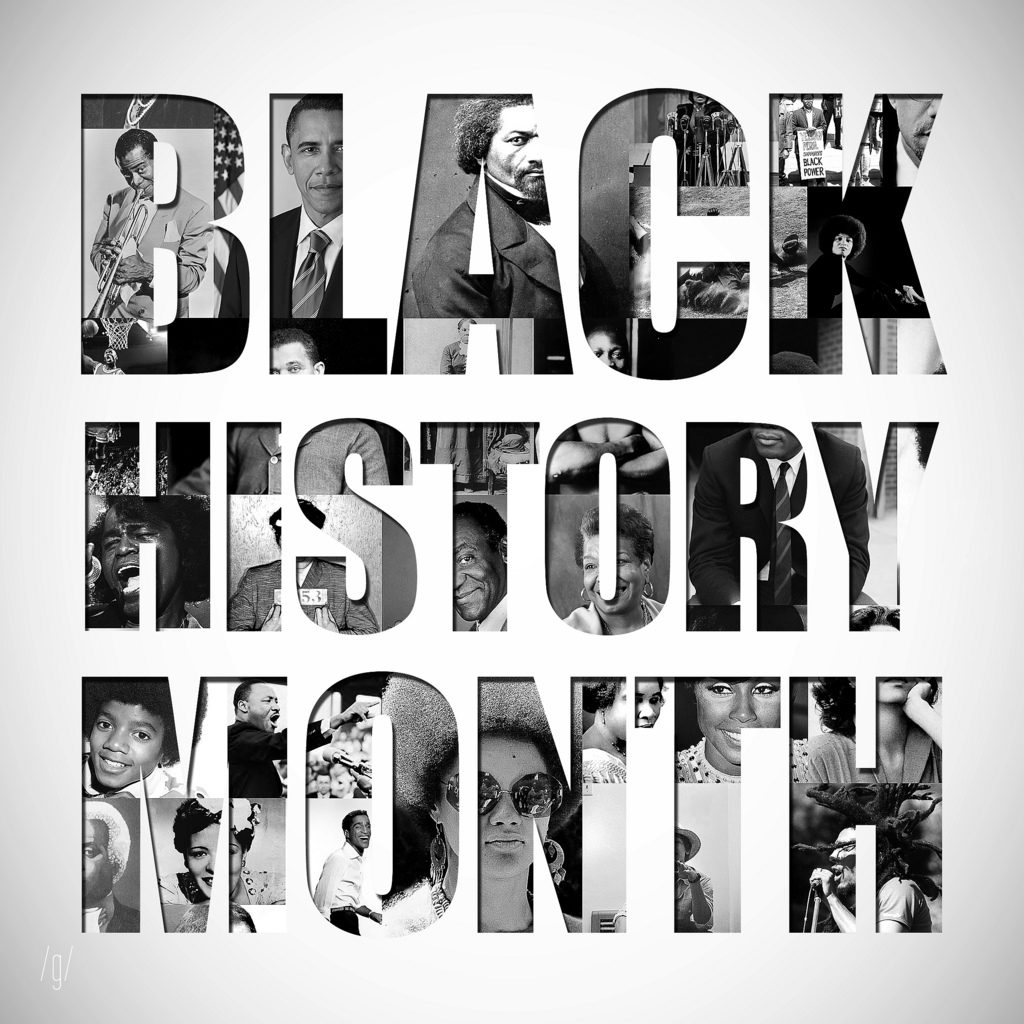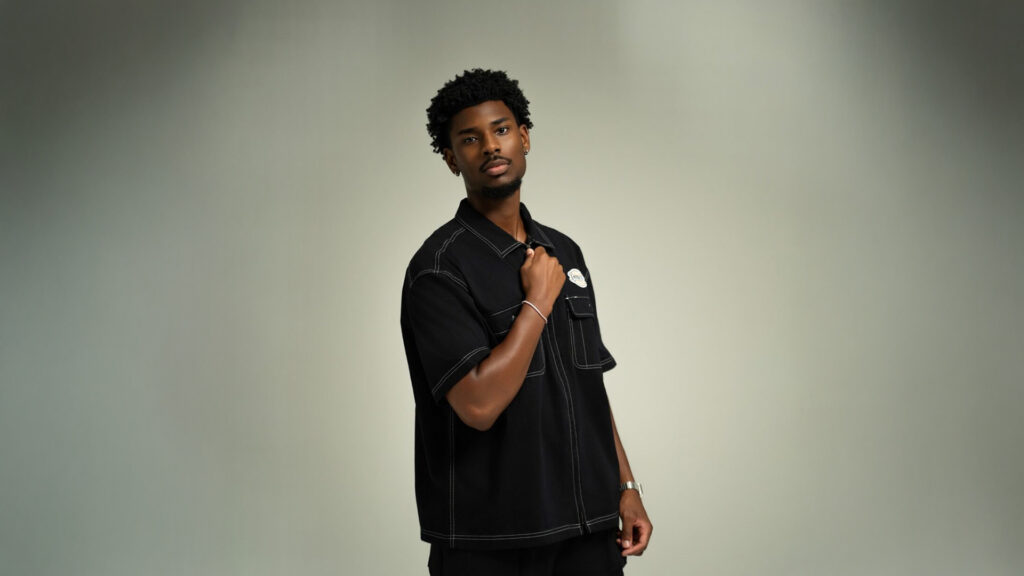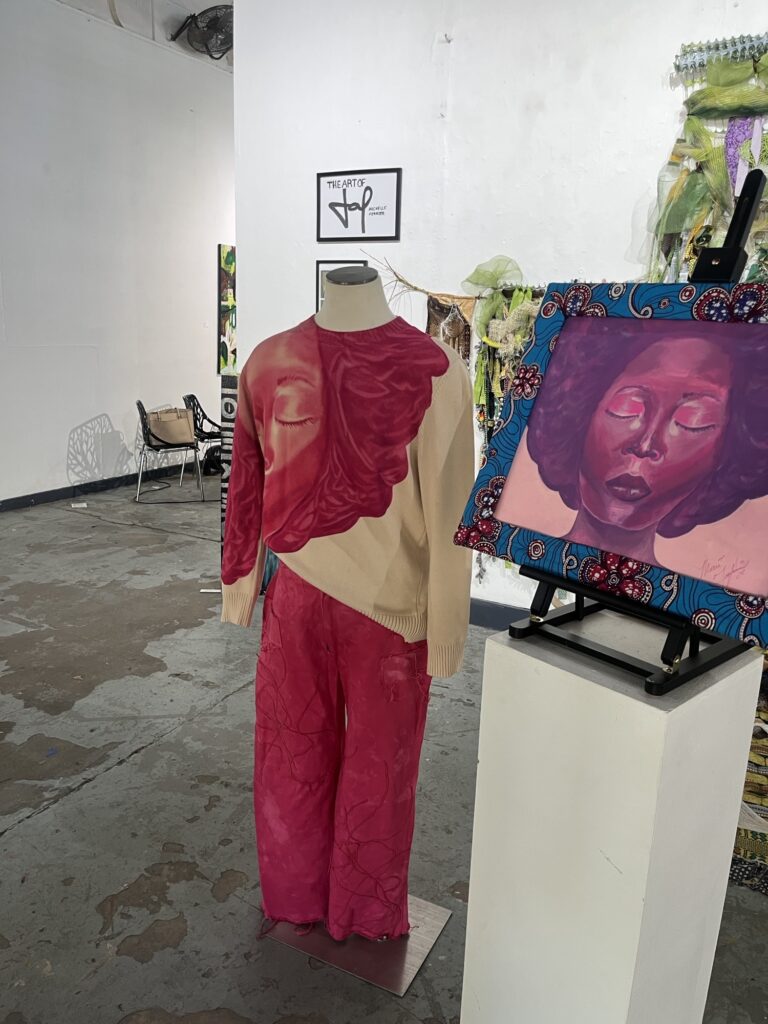Black History Month is about celebrating the history of African-Americans while educating those who do not know any historical facts or moments about this month. Let’s honor the past, celebrate the present, and inspire the future by throwing it back to historical African-American figures and powerful moments that made an impact in Black History Month.
Carter G. Woodson started the first celebration of African Americans by creating Negro History Week on Feb. 7, 1926. Woodson made this celebration this week specifically for the birthdays of Abraham Lincoln, Feb. 12, and Fredrick Douglas, Feb. 14. In 1976, February was officially declared Black History Month by President Gerald Ford.
Florida A&M University (FAMU) alumna Brook England speaks on the importance of Black History Month and how young African-Americans can be inspired from this month.
“Having a month dedicated to black history can inspire the next generation of black men and women to walk into their greatness. It’s a great opportunity to become self-aware and build confidence. When young black men and women are enlightened about their history, it can provide the determination to make their dreams a reality,” said England.
From the signing of the Emancipation Proclamation to the civil rights movement to the first African American president, these are only a few of the monumental moments in black history that made a change for not only African-Americans but for other races as well. FAMU history professor, Tiffany Packer, tells her favorite moment of Black History Month.
“My favorite throwback moment in Black History is when the nonviolent movement organizers decided to utilize the children for Birmingham Children’s March in 1963. This was a very risqué decision because it naturally puts children in harm’s way,” said Packer.
The Birmingham Children’s March involved students leaving thousands of schools to protest against civil rights. During the march, the children were attacked with fire hoses and police dogs in the police department’s attempt to halt the protest.
The march made an impact in black history because with the power in the hands of the youth it was known that anyone had the ability to impact change.
There were older historical figures that made an impact throughout Black History as well. The endless list of powerful figures in black history is comprised of Rosa Parks, Daniel Williams, Maya Angelou, and much more.
Who are the leaders of today? Franklin Jones, FAMU theatre major and founder of the FAMU’s digital archive account on Instagram “Braggintime”, believes that Will Packer is one of the African-Americans who are currently making a difference today.
“I feel like an African American figure who makes a difference today is Will Packer. Not to sound biased, but because of the way he uses the platforms of film to broaden the representation of Black women, who are the most misinterpreted and oppressed group, in ways they normally wouldn’t have access to,” said Jones.
Packer is a film producer and FAMU alumni who produced popular films such as “Chocolate City” and “Girls Trip”. After co-founding Rainforest Films with Rob Hardy, the company’s first production “Trois” became the fastest million dollar grossing film by African Americans and earned $1.2 million dollars. In fact, the first African-American film producer was Oscar Micheaux in 1919.
In the words of the famous social media adage, Black History Month is for people to “Dream like Martin, lead like Harriet, fight like Malcolm, think like Garvey, write like Maya, build like Madam C.J., speak like Frederick, educate like W.E.B, believe like Thurgood, and challenge like Rosa.”














